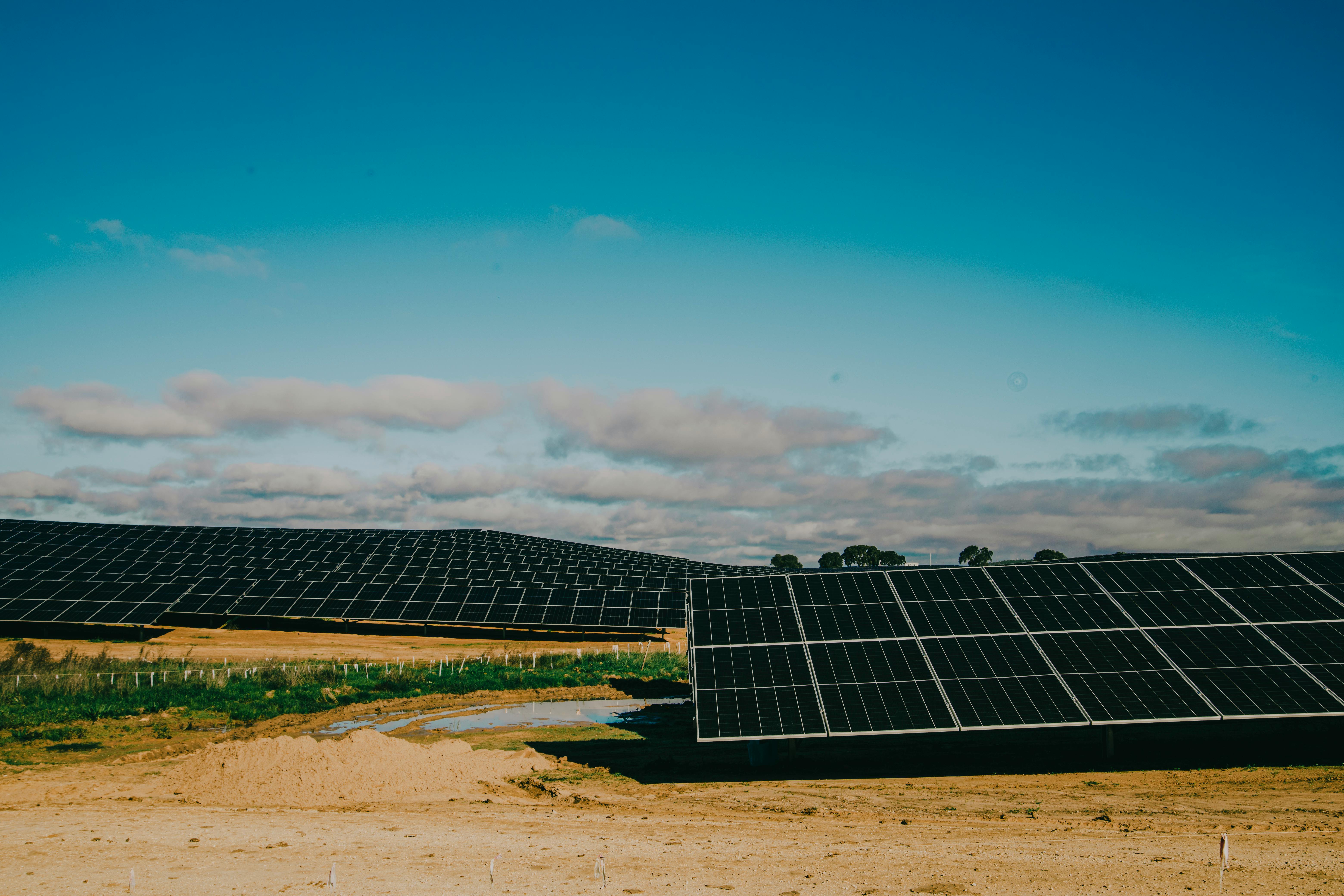Implementing a Big Data System for a Solar Energy Company
Introduction
As a pioneering company in the solar energy sector, our valued client recognized the potential of big data analytics in optimizing its operations. Due to privacy considerations, we refrain from disclosing the client’s name in this case study.
Delve into the challenges faced by this innovative solar energy company and discover how Proximity Professionals’ data team played a crucial role in overcoming them.
CLIENT
Solar Energy Industry
ROLE
Data Technology
Development
Prototyping
DATE
2023
CLIENT
eHealth
company
ROLE
Data Technology
Development
Prototyping
DATE
2023

The Challenges
The client encountered challenges in managing vast amounts of data from diverse sources such as solar panels, customer interactions, and environmental factors. Traditional data processing systems were inadequate for the scale and complexity of client data.
The company needed actionable insights to improve operational efficiency, predict maintenance needs, and optimize energy production. To achieve this, they required a team of data experts to develop and implement the best solution that would help them leverage the power of big data. They were unsure about how many data engineers they needed and were looking for a cost-effective and quality team.
They approached Proximity Professionals because the company not only offers flexibility in terms of the number of data experts that can scale based on the client’s needs but also provides highly skilled professionals at a competitive price, thanks to nearshoring.
The Solution
Proximity Professionals supplied the company with an experienced team of data engineers that assisted them in implementing a Hadoop-based Big Data System on Microsoft Azure Virtual Machines. Thanks to the proactivity and expertise of the team, the company developed a system that included:
- A Hadoop Distributed File System (HDFS), which enabled the client to store and manage large volumes of data across a distributed network, ensuring scalability and fault tolerance.
- Apache Spark, which is used for fast and reliable data processing, advanced analytics, machine learning, and real-time data processing. This allows the client to derive valuable insights promptly.
- Apache Hive and HBase, integrated to provide a structured query language (SQL) interface for efficient data retrieval and storage.
- Microsoft Azure Virtual Machines hosting the entire system, and providing the flexibility to scale resources based on demand, ensuring cost-effectiveness and high availability.


The Results
Collaboration with experienced data experts helped the company to gain a clear understanding of its data, resulting in:
- Enhanced Operational Efficiency
The new system enabled them to process and analyze vast datasets efficiently, improving decision-making processes and reducing the downtime of solar panels.
- Predictive Maintenance
Leveraging machine learning algorithms on Apache Spark, they could predict potential issues with solar panels before they occurred, significantly reducing maintenance costs and downtime.
- Optimized Energy Production
Insights derived from the Big Data System allowed them to optimize energy production based on environmental conditions, ensuring a consistent and reliable energy supply to customers.
- Improved Customer Experience
A better understanding of customer behavior and preferences enabled our client to tailor its services effectively, leading to increased customer satisfaction and loyalty.
Conclusion
